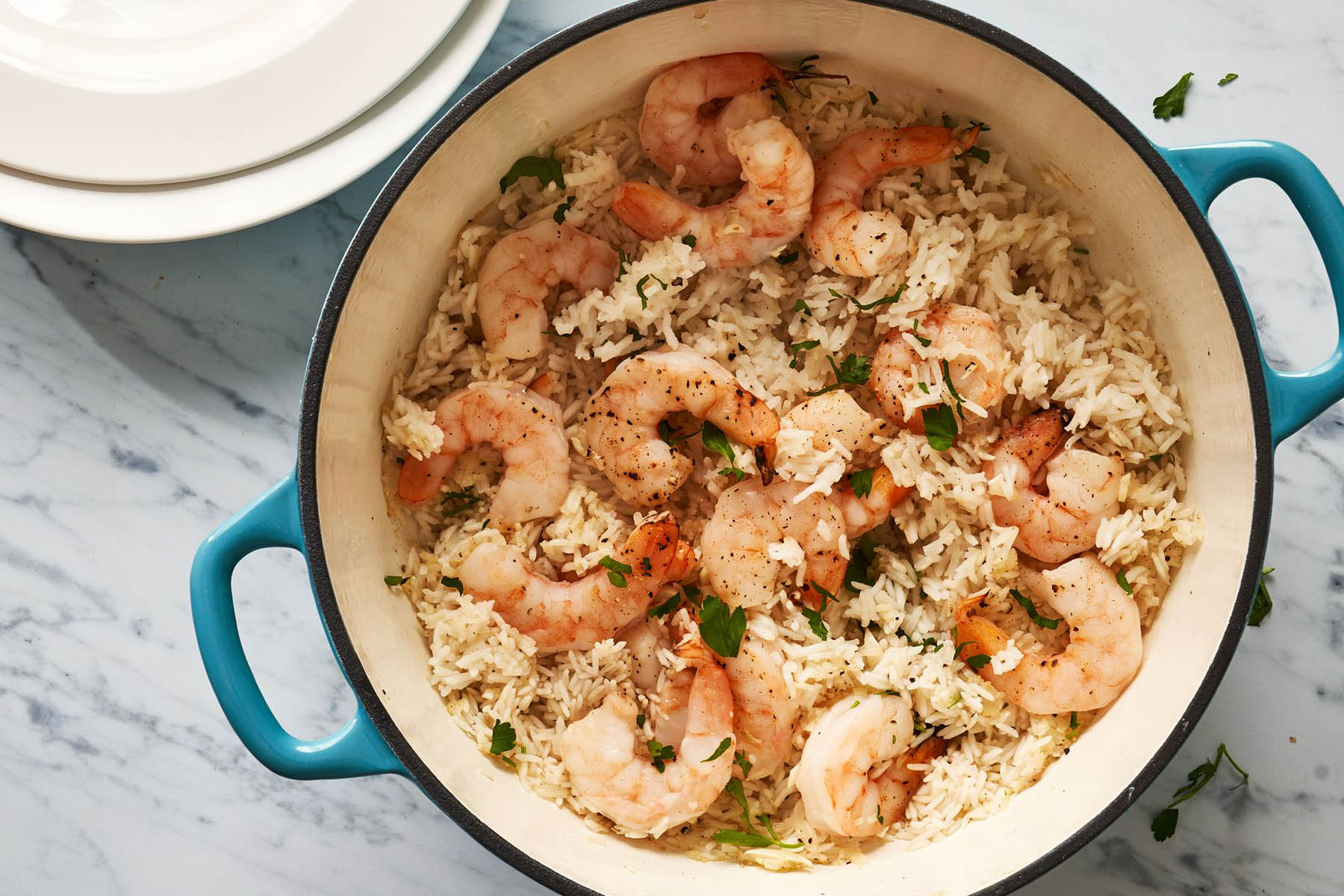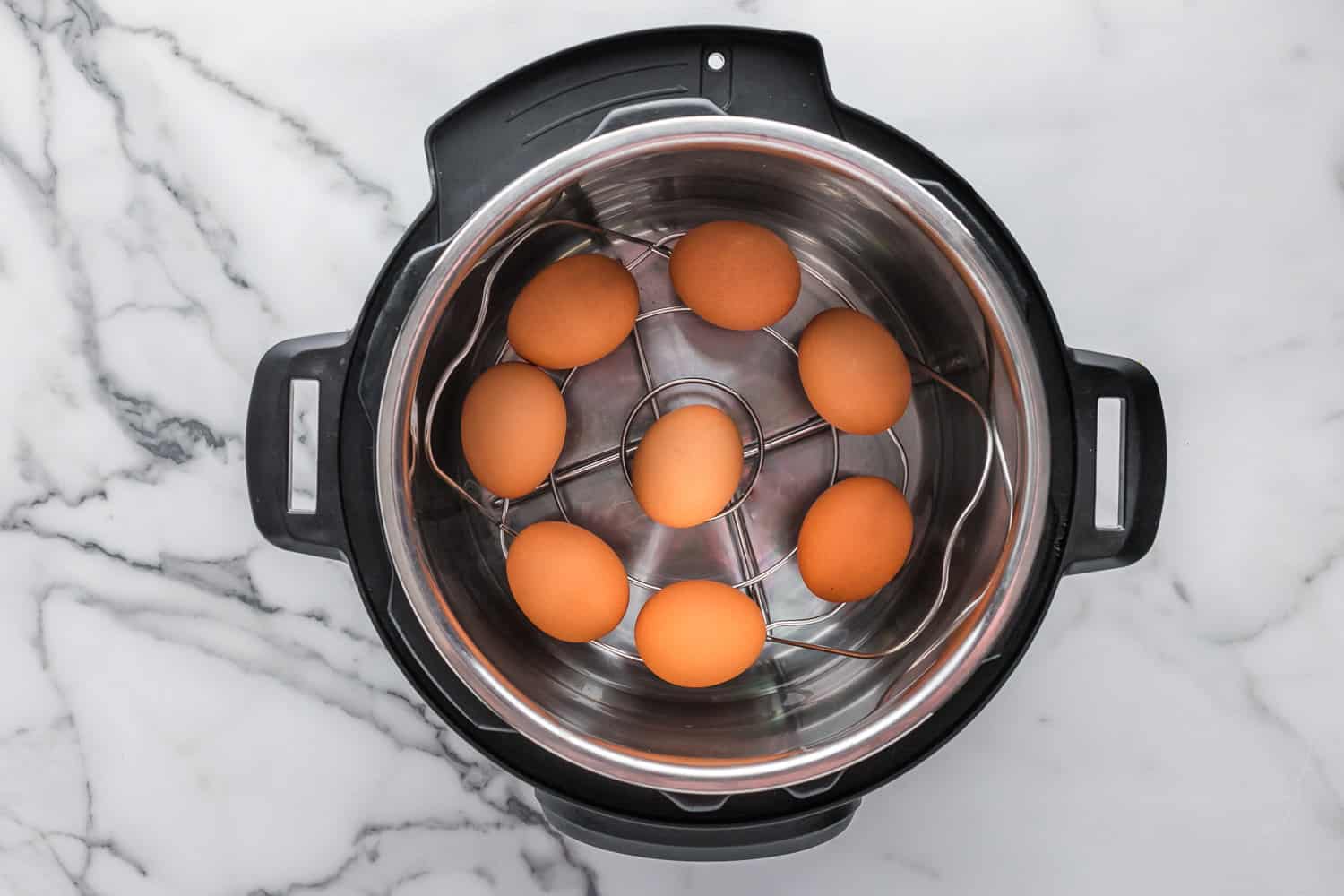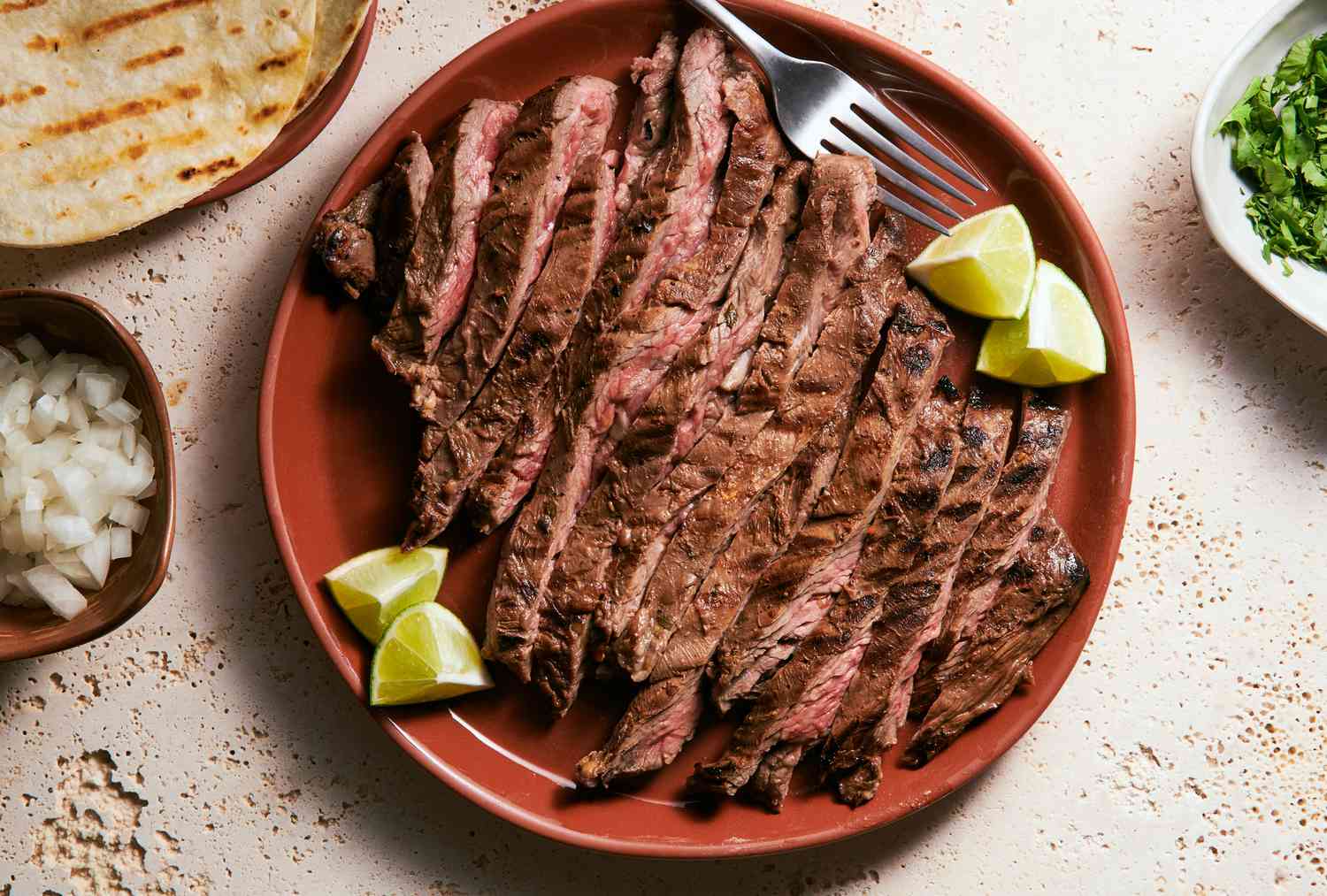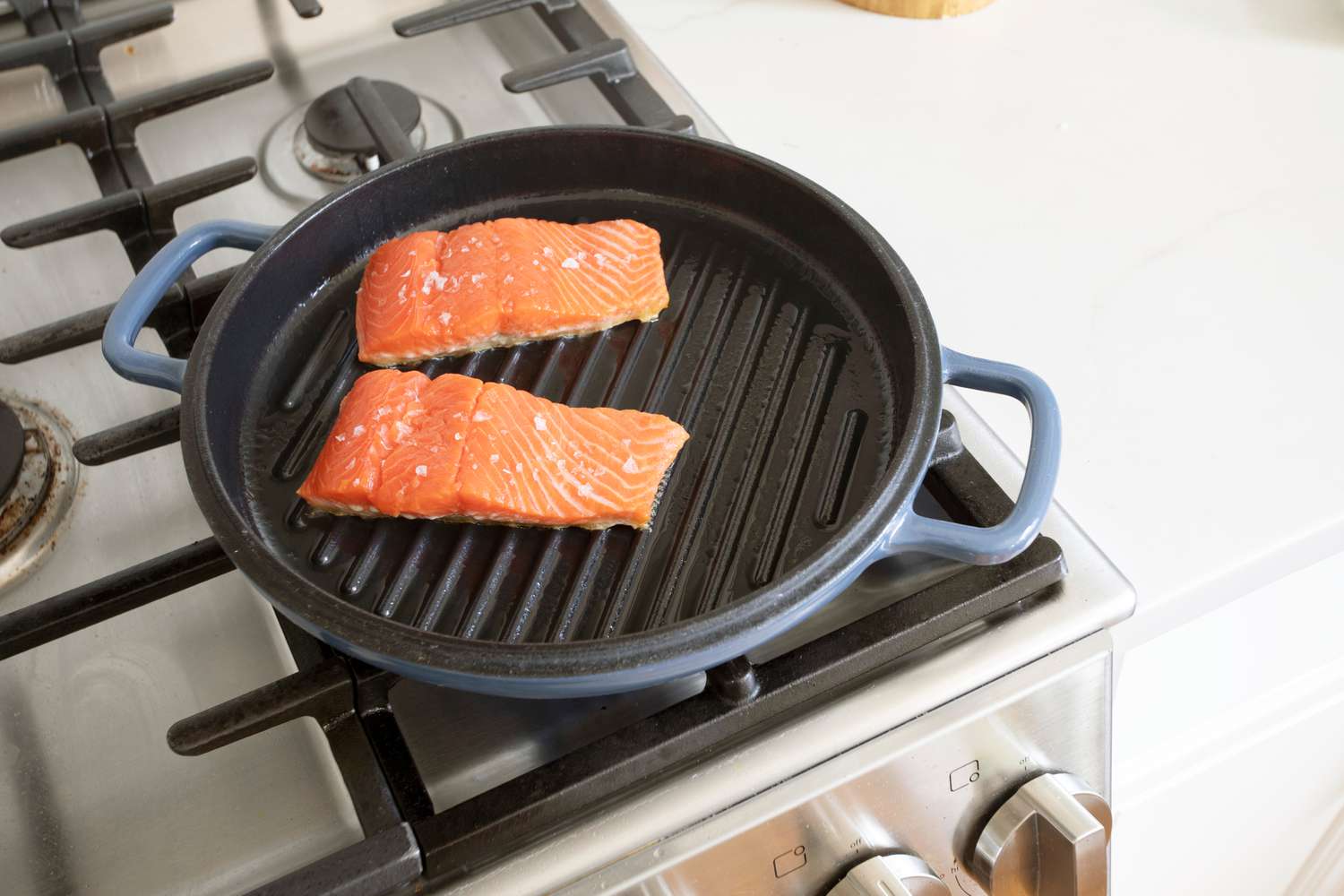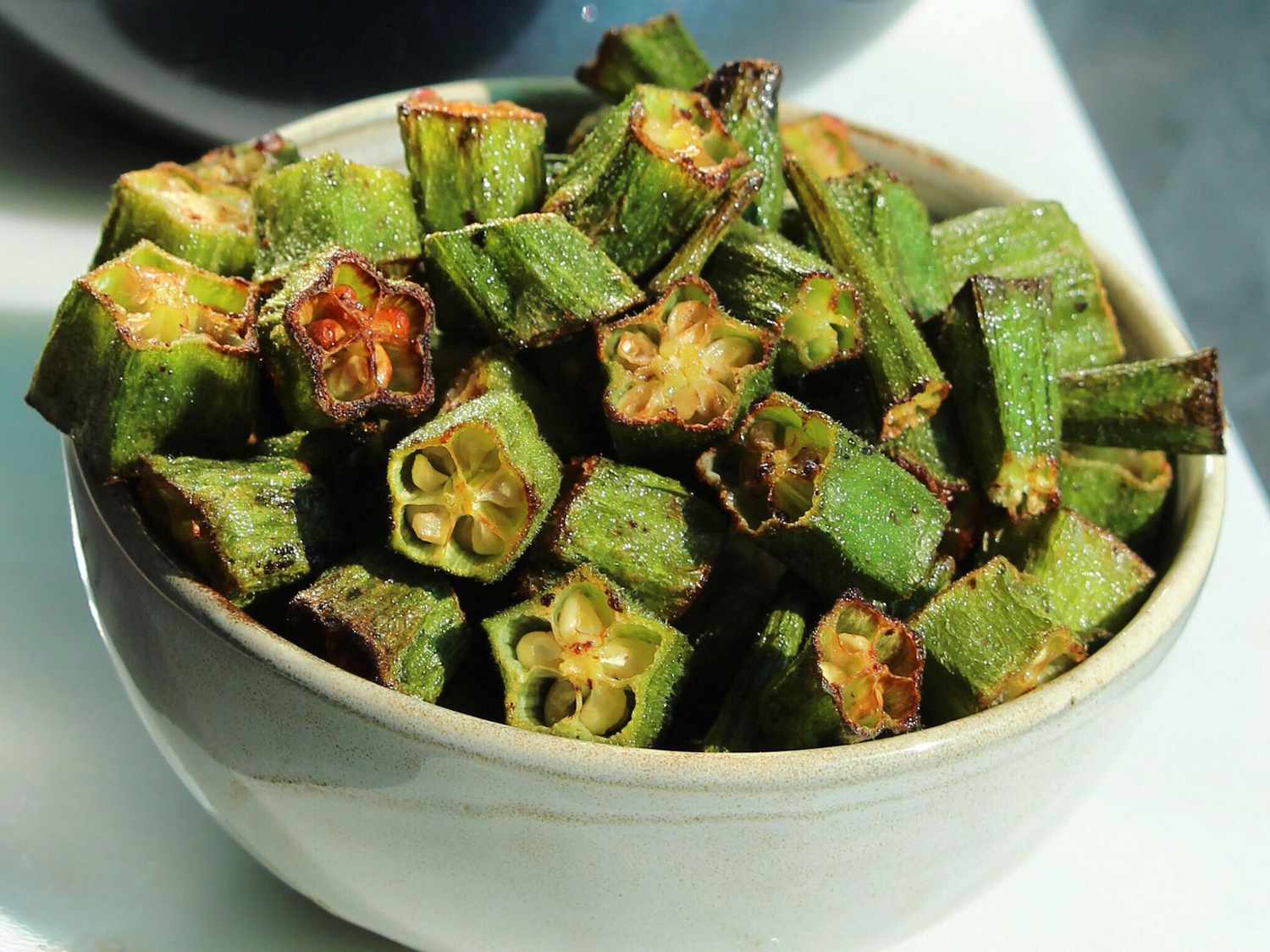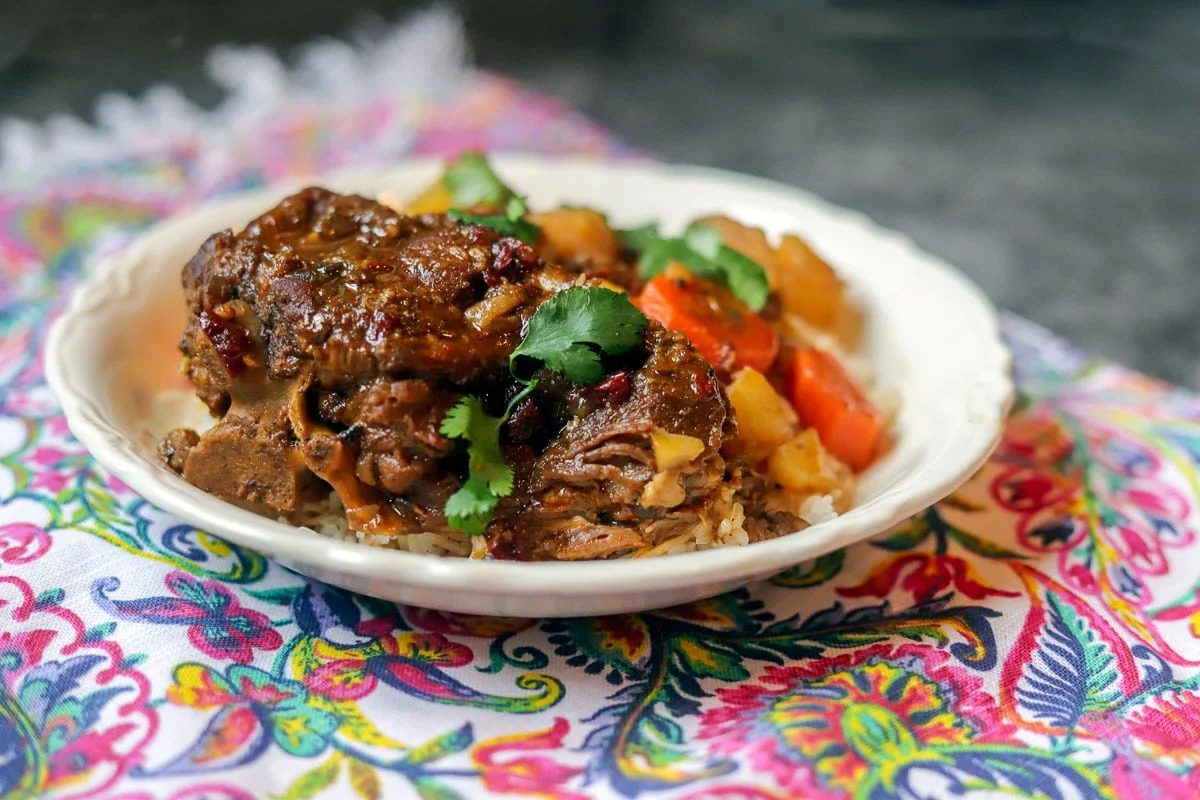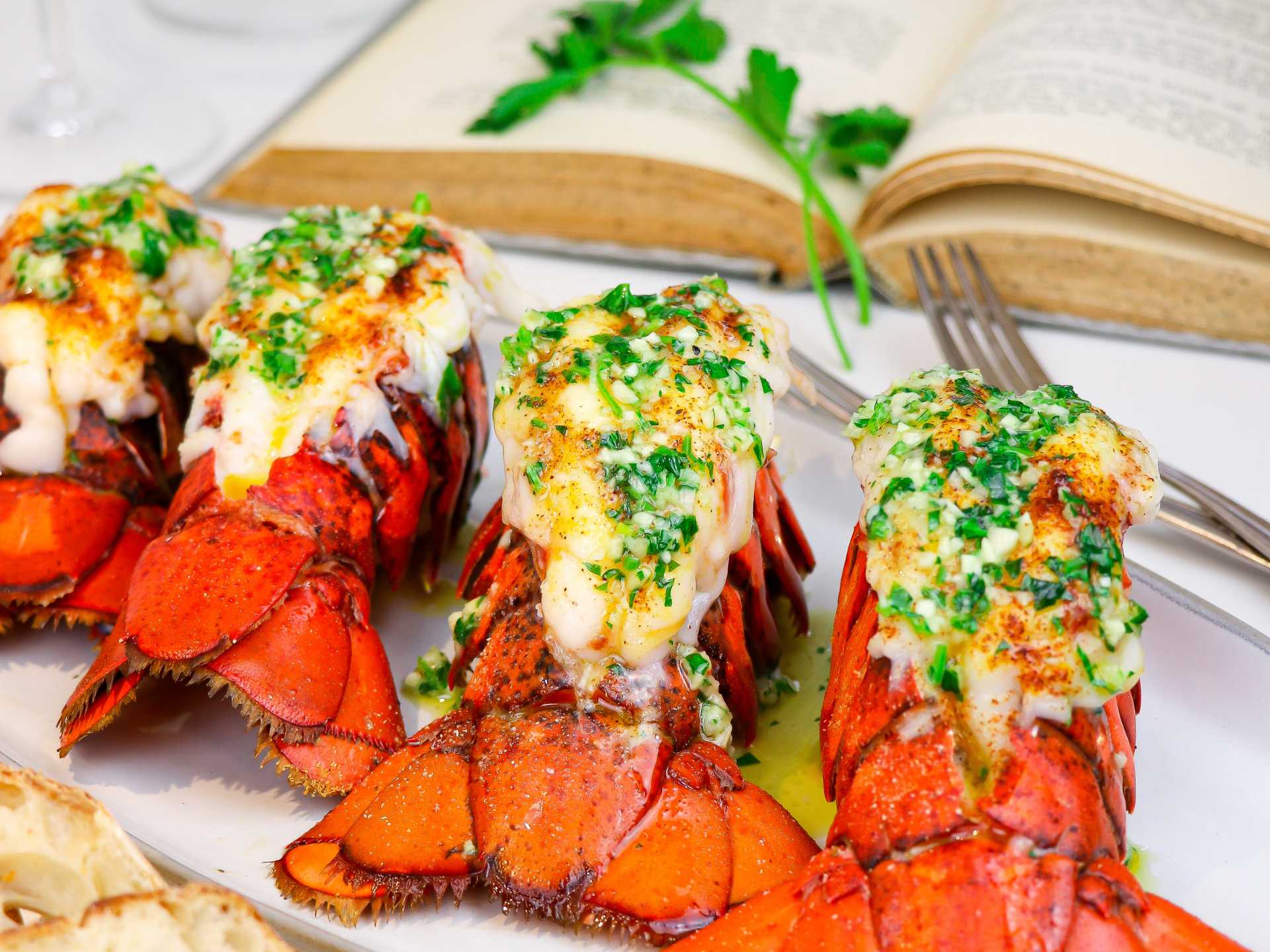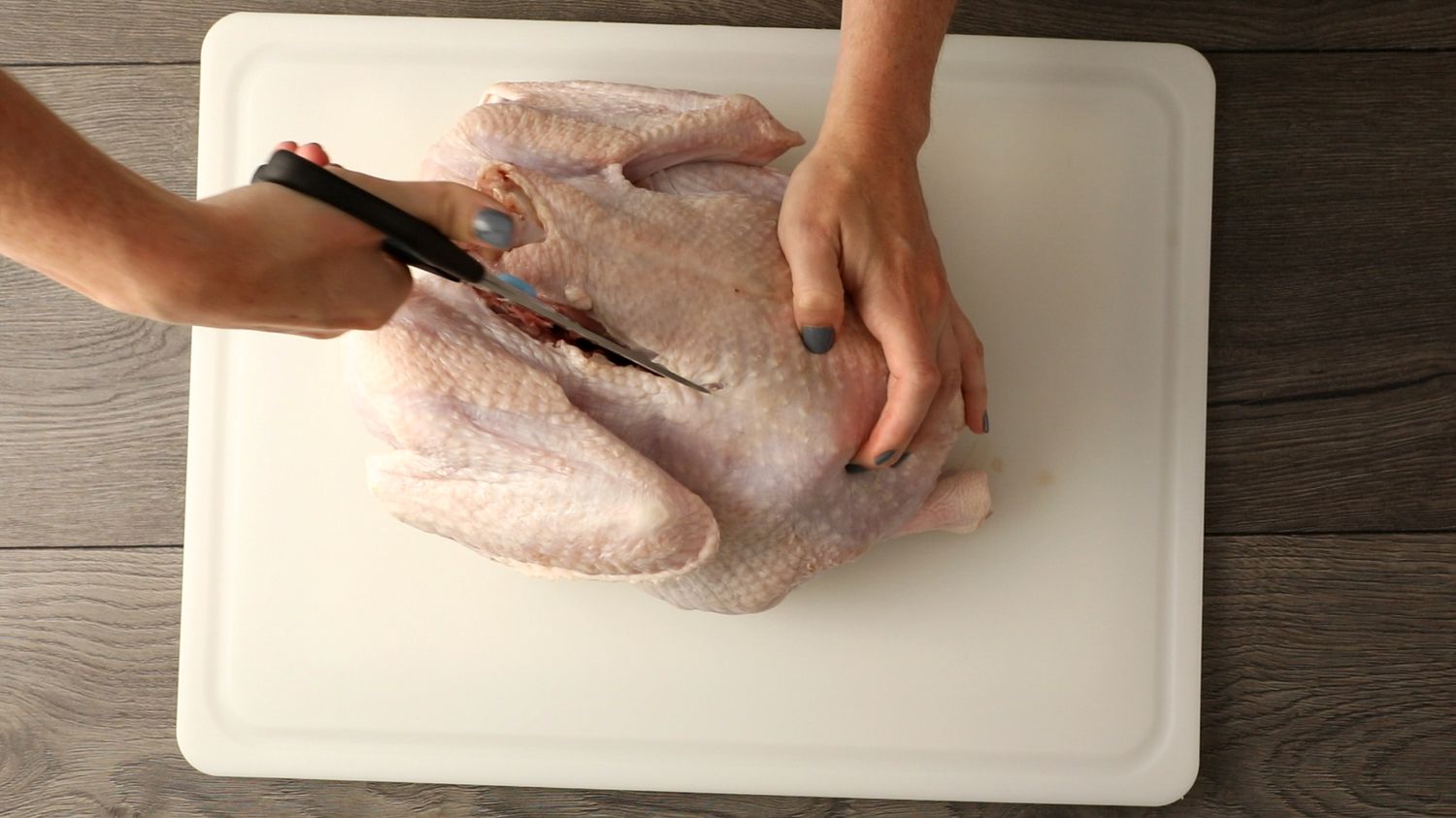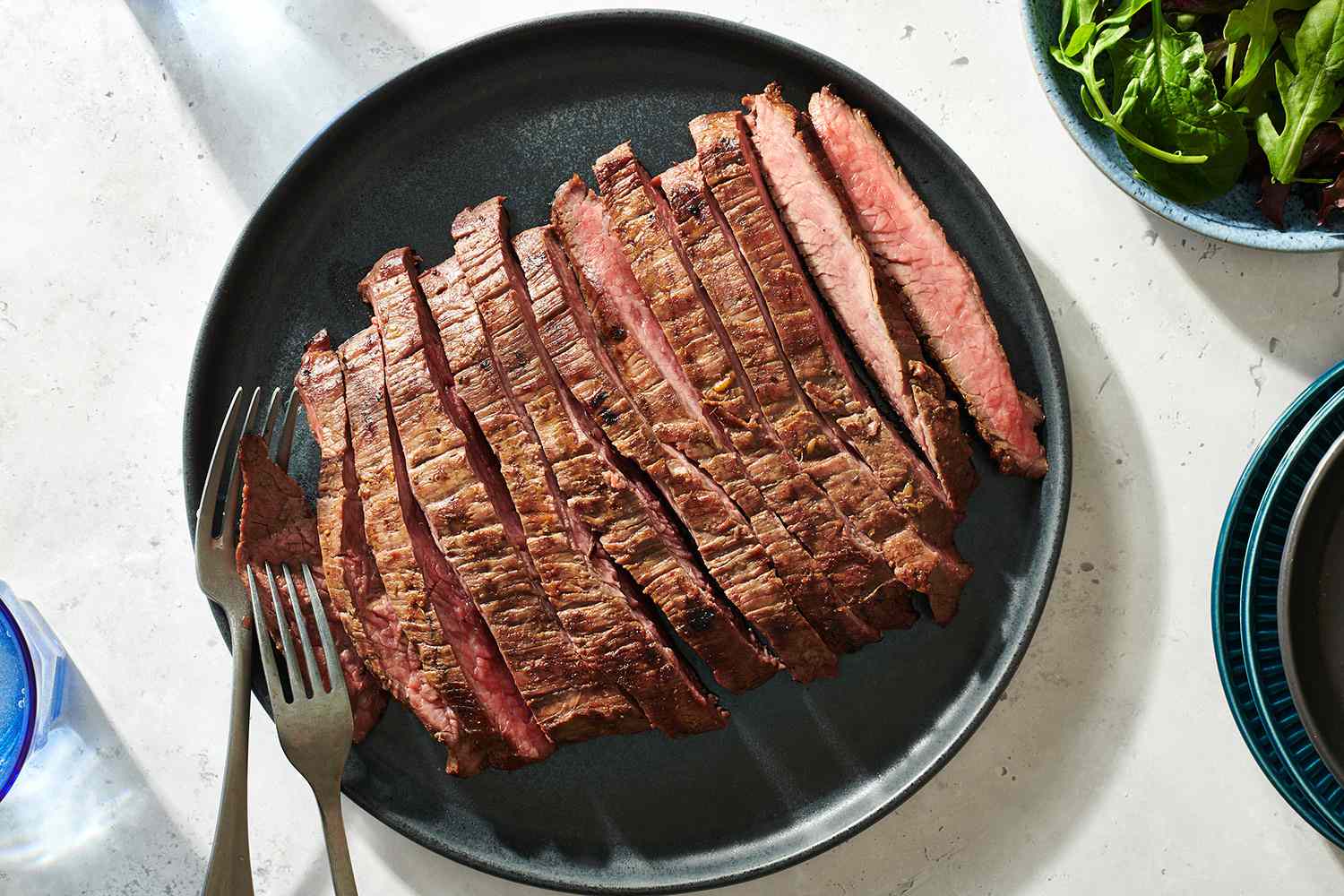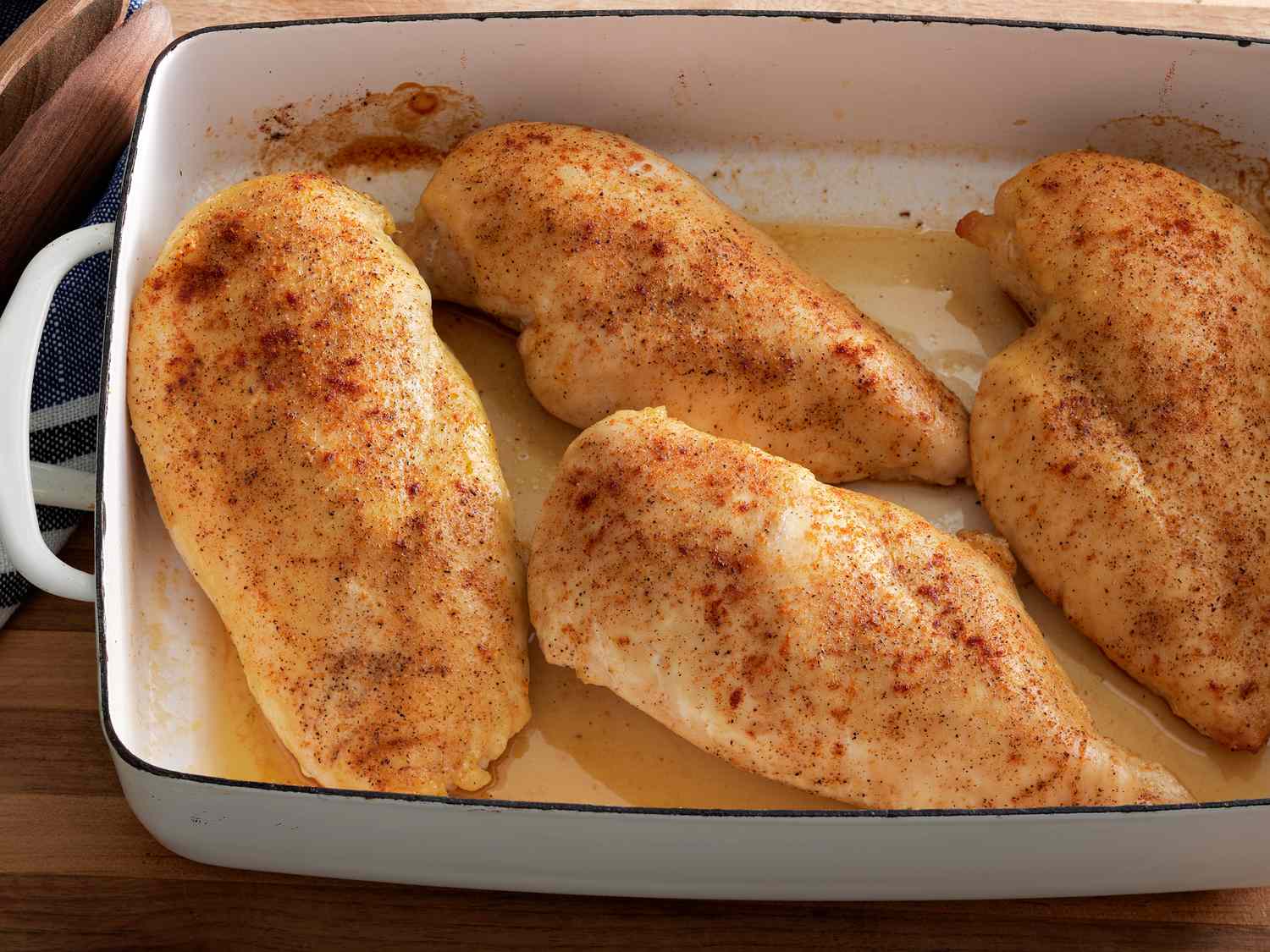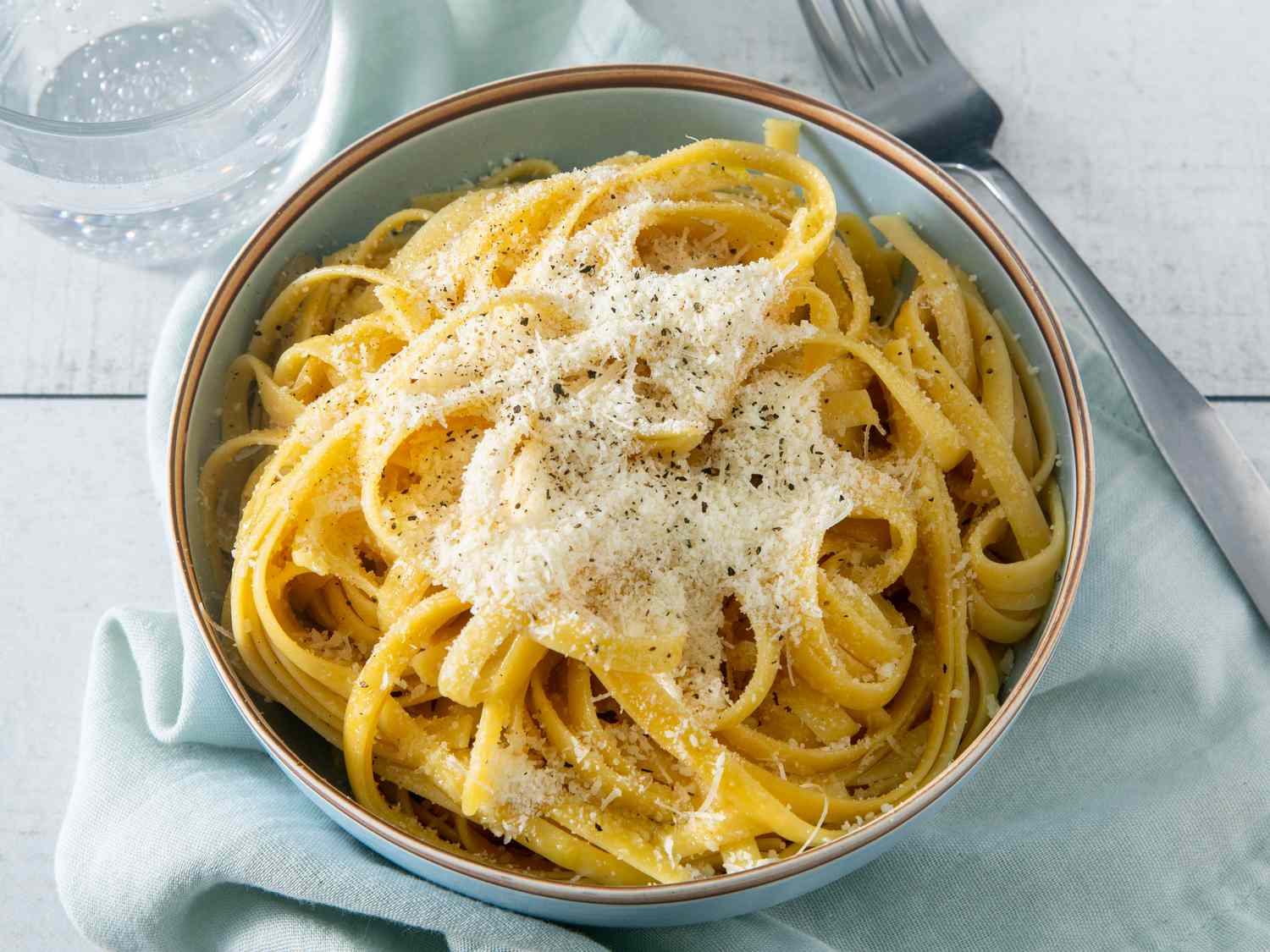Introducing Peas: A Nutritious Delight for Your Little One
When it comes to your baby’s solid food journey, incorporating a variety of healthy and nutrient-rich ingredients is essential. Today, we are excited to share with you a simple and wholesome recipe on how to introduce peas to your little one’s diet. Packed with vitamins, minerals, and fiber, peas are not only delicious but also highly beneficial for your baby’s growth and development.
Why Choose Peas?
Peas are fantastic early foods for your baby. Here are just a few reasons why they should be part of your little one’s diet:
- Nutritional Powerhouse: Peas are rich in essential vitamins such as Vitamin C, Vitamin K, and Vitamin B6. They also contain minerals like iron, calcium, and potassium, which are crucial for healthy bone development.
- Fiber-Rich: Peas are packed with dietary fiber, promoting healthy digestion and preventing constipation, a common discomfort for little ones transitioning to solid foods.
- Easy to Digest: Peas have a gentle texture, making them easy for babies to chew and swallow. Pureed peas have a silky consistency that helps baby practice swallowing and develop their feeding skills.
- Taste Exploration: Introducing peas early on exposes your baby to new flavors, expanding their taste preferences and helping them develop a love for vegetables.
Simple Steps to Cook Peas for Baby:
Now let’s dive into the step-by-step process of preparing peas for your little one:
- Choose Fresh Peas: Opt for fresh peas whenever possible. Their vibrant green color and sweet taste make them an ideal choice for your baby’s meals.
- Wash Thoroughly: Rinse the peas under cold water to remove any dirt or impurities.
- Steam or Boil: You have two cooking options. Steaming helps retain more nutrients, while boiling provides a softer texture. If steaming, place the peas in a steamer basket over boiling water for 5-7 minutes. If boiling, cook the peas in a saucepan filled with water for approximately 10 minutes, or until tender.
- Drain and Cool: Once the peas are cooked, drain them and rinse with cold water to stop the cooking process.
- Puree or Serve as Finger Food: Depending on your baby’s age and preferences, you can either mash the peas with a fork or puree them using a blender or food processor. If your little one is ready for finger foods, you can offer them whole cooked peas to explore and self-feed.
- Introduce and Observe: Offer a small amount of peas to your baby and observe their reaction. Watch out for any signs of allergies or digestive issues. It’s usually recommended to wait three days before introducing a new food to identify any potential adverse reactions.
Remember, every baby is different, and it’s important to follow your pediatrician’s guidelines regarding the introduction of new foods. Always ensure that the peas are cooked thoroughly to make them safe and easy to digest for your baby.
Adding Peas to Baby’s Meals
Once your baby has become accustomed to the taste and texture of peas, there are many delicious ways to incorporate them into their meals:
- Mixed Vegetable Puree: Combine peas with other steamed vegetables like carrots or sweet potatoes for a nutrient-packed puree.
- Pasta or Rice Dish: Add cooked peas to baby-friendly pasta or rice dishes for added texture and flavor.
- Pea Pancakes: Blend cooked peas into a pancake batter for a creative and nutritious twist on traditional pancakes.
- Pea and Chicken Mash: Mix mashed peas with cooked, shredded chicken for a protein-rich meal option.
With these ideas, you can create a diverse and wholesome menu for your little gourmet!
Conclusion
Introducing peas to your baby’s diet is a delightful journey filled with nourishment and taste exploration. Remember to choose fresh peas, cook them thoroughly, and observe your baby’s response. Add variety by incorporating peas into various recipes, and soon your little one will be enjoying the numerous health benefits and enticing flavors of this humble yet powerful vegetable. Happy cooking and bon appétit!
Was this page helpful?
Read Next: How To Cook Fried Cabbage And Sausage
